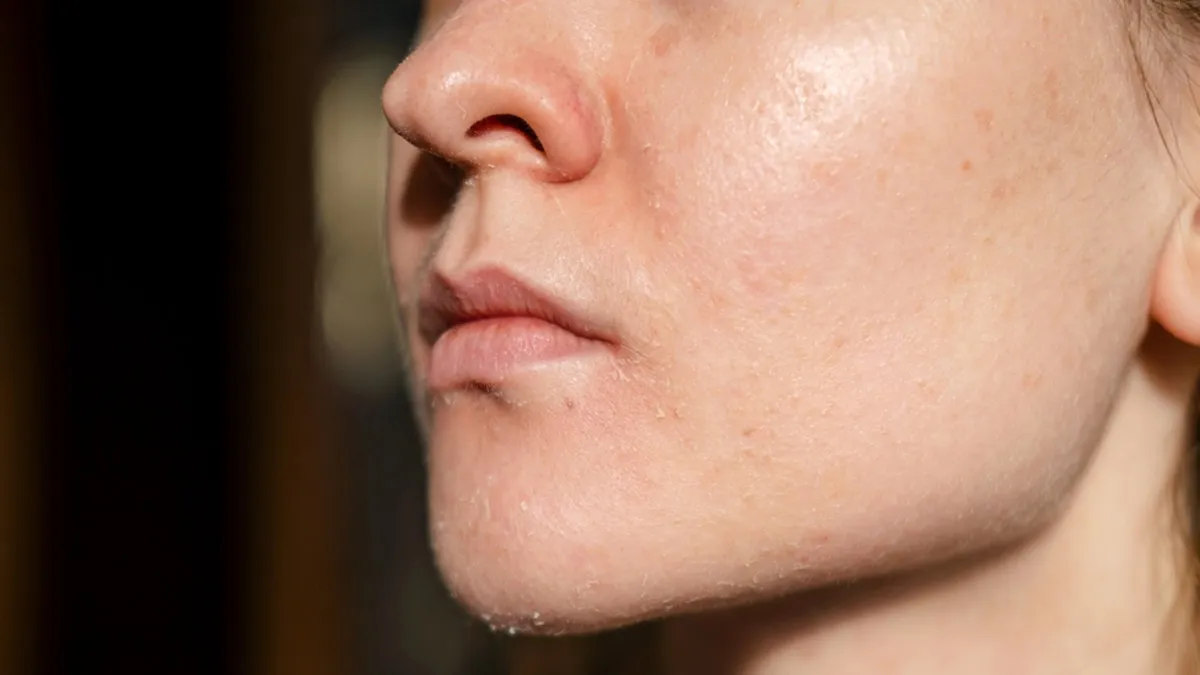
The skin barrier acts as a shield, providing the system with its ability to retain moisture while keeping toxins and irritants out. On healthy skin, the barrier gives that ideal smooth, radiant, and well-hydrated look. However, when broken, skin becomes dry, sensitive, and prone to redness, acne, or even infections. In simpler words, the skin barrier, or the stratum corneum, is responsible for maintaining the skin's health and resilience.
Table of Content:-
However, our everyday habits can unknowingly weaken it. So, the editorial team of Onlymyhealth reached out to Dr Shashi Kiran AR, Consultant – Dermatology, Cosmetology, Dermatosurgery, Kauvery Hospitals, Electronics City, and she shared that from excessive cleansing to an over-reliance on actives, many modern skincare routines are doing more harm than good. So, what are these habits that compromise our skin barrier, and how can we control them? Read ahead to know everything Dr Kiran shared with us.
Worst Habits That Ruin Skin Barrier and How To Control Them
Here are some of the worst skin barrier–damaging habits and how to fix them:
1. Over-cleansing or using harsh cleansers
Cleansing is necessary, but over-cleansing or using a product that strips the skin of its natural oils can disrupt the pH balance of this barrier. Typically, gel-based or foaming cleansers, which often contain ingredients such as alcohol, sulfates, or fragrances, are the culprits. Dr Kiran said, “Select gentle, pH-balanced cleansers that do not leave the skin tight or squeaky clean. For most individuals, washing twice a day will suffice.”
How to Control it: Use hydrating cleansers containing ingredients like ceramides, glycerin, or hyaluronic acid. Avoid hot water and harsh scrubbing.
Also Read: Studies Claim Lipsticks May Cause Cancer – Experts Decode

2. Over-exfoliation with Scrubs or Acids
Exfoliating removes dead skin cells, but over-exfoliating-whether mechanically or with chemical exfoliants-erodes the skin barrier. "People tend to mix many exfoliants like glycolic acid, retinol, and vitamin C together without realising how damaging that can be, and that causes inflammation, dryness, and sensitivity,” Dr Kiran shared.
How to Control it: Reduce it to one to two times a week, and use only one exfoliant. Then follow it up with a barrier-repairing moisturiser.
3. Skipping Moisturiser
Even oily skin needs to be moisturised. If this doesn't happen, the barrier can become dehydrated, and this can trigger more oil production and breakouts. "A good moisturiser seals in hydration and supports skin barrier lipids," explained Dr Kiran.
How to Control it: Look for moisturisers containing ceramides, squalane, or niacinamide. Apply these right after cleansing to lock in moisture.
Also Read: Is Your Skin Dry or Just Dehydrated? Dermat Shares The Difference
4. Using Too Many Actives at Once
Piling on serums and treatments might make one feel like they do more for the skin, but it upsets the skin's balance. Mixing active ingredients without proper guidance, such as using retinoids, AHAs, and vitamin C together, may compromise the skin barrier.
How to Control it: Simplify the routine. Add one active ingredient at a time, using them on alternate nights. Patch test new products before use.
5. Neglecting Sun Protection
UV rays are among the biggest threats to the skin barrier. Even mild, daily exposure causes oxidative stress, collagen breakdown, and sensitivity. "Without sunscreen, all other skincare efforts are undone," warned Dr Kiran.
How to Control it: Use a broad-spectrum SPF 30 or higher every day, even indoors. Reapply every two to three hours if exposed to sunlight.
6. Poor Lifestyle Choices
Lack of sleep, smoking, dehydration, and a diet high in sugar or processed foods all take their toll on the skin. “These factors increase inflammation and reduce the skin’s ability to repair itself,” said Dr Kiran.
How to Control it: Try keeping your body hydrated, consuming antioxidant-rich foods, resting well, and quitting smoking. A healthy lifestyle is just as important as skincare.
Bottomline
It is not the amount of products used that builds a healthy skin barrier; rather, it is about using the right ones and keeping things in balance. Small changes such as gentle cleansing, persistent moisturising, and sun protection every day can go a long way in restoring and maintaining resilient, glowing skin.
Also watch this video
FAQ
1. How can I tell if my skin barrier is compromised?
Signs include dryness, tightness, redness, flaking, increased sensitivity, and sudden breakouts.2. How long does it take to repair the skin barrier?
Most individuals, with proper care and minimal irritation, see improvement in two to four weeks.3. Can I still use actives while repairing the barrier?
It's best to pause or reduce actives temporarily. Switch to hydration, barrier-repairing creams, and sunscreen until the skin can stabilise.
How we keep this article up to date:
We work with experts and keep a close eye on the latest in health and wellness. Whenever there is a new research or helpful information, we update our articles with accurate and useful advice.
Current Version
Nov 06, 2025 18:16 IST
Published By : Tanya Srivastava